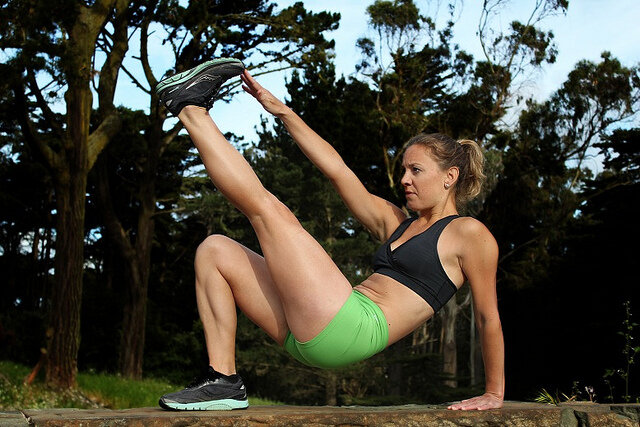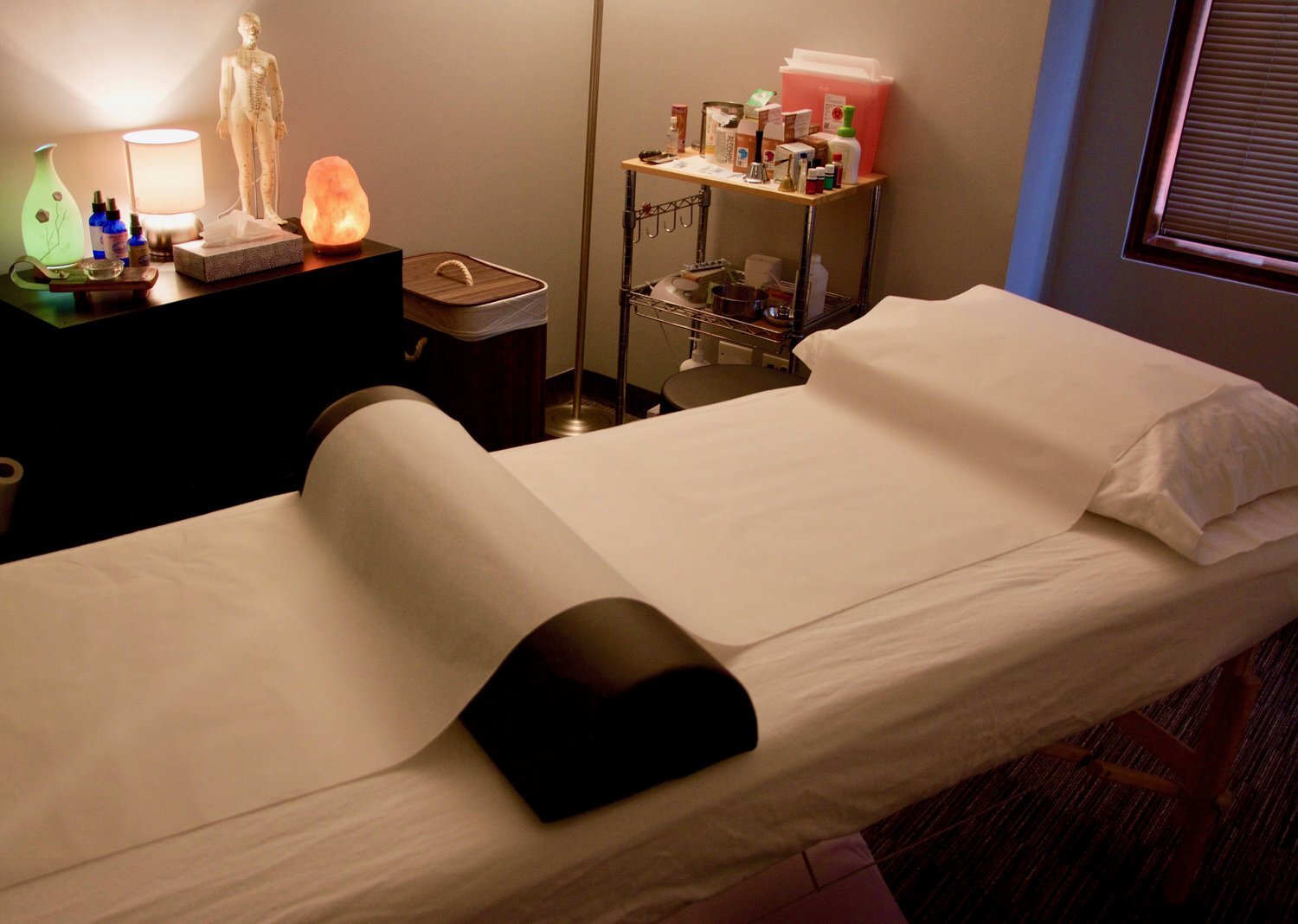Are Your Workouts Working Against You
With the end of Summer approaching, Autumn brings the annual beauty of falling leaves—but also falling temperatures. This is a time of year when we start to add layers to clothing, take a taxi instead of walking, and generally move less throughout the days. When people don’t physically move as much, it causes a lack of proper movement within the body too. Inactivity can lead to stiffness, poor circulation, pain, and sometimes a predisposition to injury or sickness. In Traditional Chinese Medicine, the diagnosis for this lack of movement or flow within the body is called liver qi stagnation.
Symptoms related to liver qi stagnation are wide-ranging and bothersome. Emotional symptoms can manifest as depression, irritability and moodiness, or sometimes as less obvious symptoms like excessive sighing, tightness in the chest, or a general feeling of constraint. Physical symptoms can be as diverse as rib-side pain, PMS, or cold hands and feet.
One of the ways to relieve this condition is through exercise. Working out is a way for people to stay healthy and create movement and energy in the body. Exercise improves circulation, reduces stress, helps with blood sugar regulation, and contributes to overall cardiovascular health. Muscles and joints with proper blood flow, flexibility, and ease of movement are often healthy and strong. But how much exercise is enough (or too much)?
In Chinese medicine, it’s not about how hard or how long you work out. We view exercise in terms of consistency: it’s about moving qi or energy through the body on a regular basis to unblock whatever has become “stagnant” and restore proper flow to the body. Liver qi stagnation can appear either due to a more sedentary lifestyle or from stress that causes tightness in the muscles, stiffness in the joints, and overall inhibition of blood flow in the body.
Often, when we work out consistently (4-5 days per week for 30 minutes per day) it will improve energy and help us to feel happier, warmer, more energetic, and more alive. But when people overdo it and push beyond the body’s limits, the effort can backfire and lead to signs of depletion. At Herb + Ōhm, we see this all the time in our practice. When it comes to exercise, more is not better. Balance is better.
How can you tell if you’re over-doing it with exercise? The most common sign is extreme fatigue. If you work out and then feel like you need a nap or are unable to make it through your entire day, then it’s a sign that your exercise intensity is not beneficial. Headaches, inability to focus, and light-headedness are all signs of expending too much energy. If you experience these symptoms after exercising, it could be a sign you need to scale back.
The goal to eliminate liver qi stagnation is to get things moving in the body so that you feel better—not depleted. In practice, striking this balance becomes especially relevant for women who are trying to conceive. This process requires energy (or qi), and there needs to be a balance between unblocking and not over-extending ourselves, which can lead to a state of depletion.
How do you feel after your workouts? Do you have more energy? Do you feel better, or do you feel exhausted and need to nap/sleep early? Answers to these questions will help guide you in determining the optimal intensity of your workouts to obtain the maximum benefits from the exercise you’re doing.




